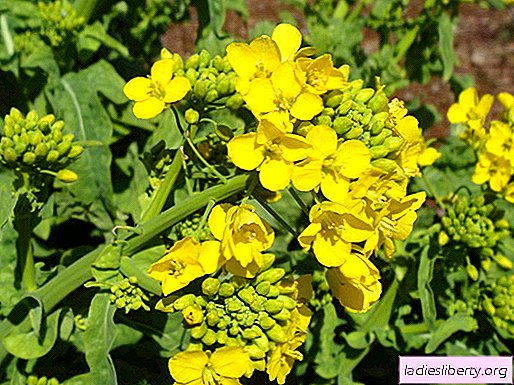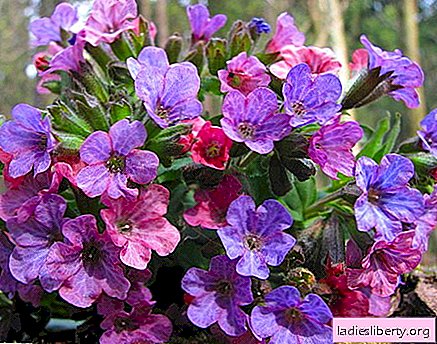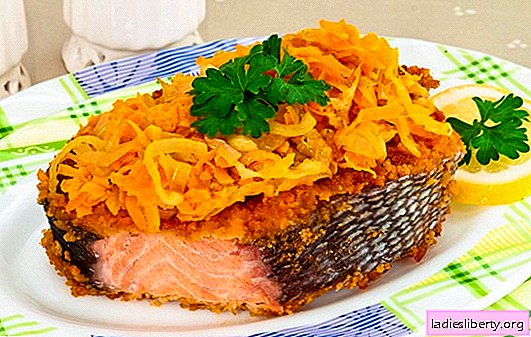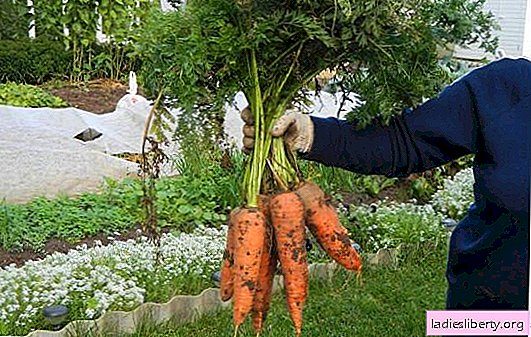
Mustard - General Description
Mustard is an annual grassy cold-resistant plant. Belongs to the crucifer family. The plant has a straight stem and stem root. Mustard has a lot of yellow flowers, which are located on pedicels 5 - 8 mm long. Flowering occurs from June to July. The plant produces fruits in the form of pods in the shape of a boat. Ripening occurs in August. In the pods are small, round, light yellow seeds with a smooth surface.
The seeds of this medicinal plant are rich in fatty oils (oleic, erucic, stearic and linolenic acids), steroids (brassicasterin, campesterol, sitosterol, cholesterol, methylene cholesterol), sinalbin thioglycoside, saponins, sinigrin glycoside.
Mustard - types and places of growth
Today, mustard is grown and produced on all continents. Three most famous types of mustard can be distinguished, namely:
- white mustard or "English mustard",
- black mustard,
- Sarepta mustard, which is also called "Russian mustard."
Each of the above species has a specific place of growth. For example, white mustard first appeared in the Mediterranean region. Today, its cultivation places are Europe, America, India and Japan. The homeland of black mustard is also the Mediterranean. It is grown today in countries such as the United Kingdom, France, Italy, India, China. Sarepta mustard is grown in Russia, European countries, North Africa, China, India and other countries of the Asian region.
Mustard - healing properties
The beneficial properties of mustard have been known since the time of Hippocrates. Then it was used as a good expectorant and antitussive, which improved appetite and normalized digestion. Today, traditional medicine recommends the use of mustard seeds in order to activate the gastrointestinal tract. They also treat toothache, hypertension, vascular sclerosis, liver and gall bladder diseases, digestive disorders, neuralgia, chronic rheumatism, pneumonia, bronchitis, gout, hemorrhoids. Mustard is also used as a laxative and anti-fever remedy.
Mustard plasters made from mustard powder use official medicine. They warm very well, facilitate breathing, and cause a rush of blood. They are used to treat pneumonia, bronchitis, rheumatism, hypertensive crisis, the risk of stroke, angina pectoris.
Mustard - dosage forms
Useful properties of mustard are used by both official and traditional medicine. Most often used seeds of black and white mustard. They are used to make the powder needed for a mustard patch. Flour is also made from seeds. Mustard baths are also popular. Harvesting of seeds occurs after the ripening of the middle and lower pods.
Mustard Recipes
For the treatment of chronic runny nose, dry mustard powder is poured into woolen socks and left overnight.
Runny nose, cough, acute respiratory infections are treated using hot-salt foot baths. For their preparation, it is necessary to dilute 200 g of salt and 150 g of mustard in a bucket of warm water. Keeping your feet in this solution is necessary until redness.
Toothache is treated by rinsing a mustard solution in a ratio of 1:20.
Spasms of the hands and feet are treated by rubbing sore spots with mustard oil.
Colds, pleurisy, rheumatism, sciatica, bronchitis and pneumonia are treated with mustard and mustard baths. To do this, stir 250-400 g of mustard powder and pour it into the bath.
Mustard: contraindications
Mustard has its contraindications. For example, it is not recommended for people who are sick with pneumonia, tuberculosis, or kidney disease.
The use of large doses of mustard leads to shortness of breath, bradycardia and even loss of consciousness.
Many mustard is not recommended for people with high acidity of gastric juice, gastric ulcer and duodenal ulcer, with acute gastroenterocolitis.
Taking mustard inside, it is necessary to remember that the plant is still poisonous and therefore it is necessary to be careful about its dosage.
Comments











